
Reading Interventionist
Latest Articles
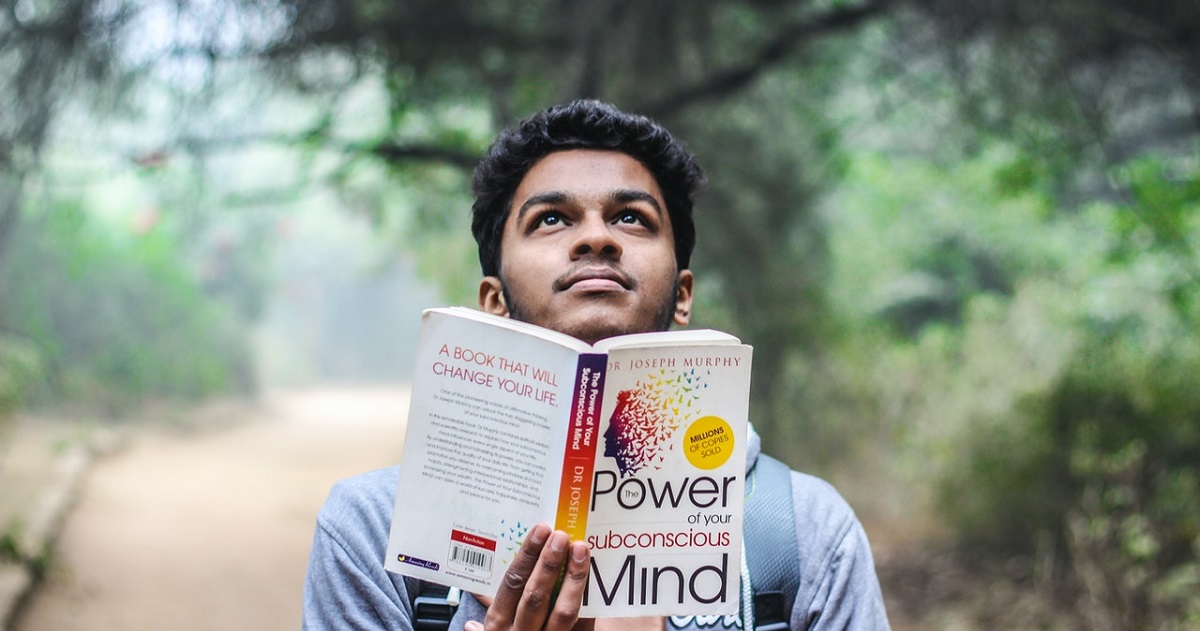
What is Dialogic Reading in the Classroom?
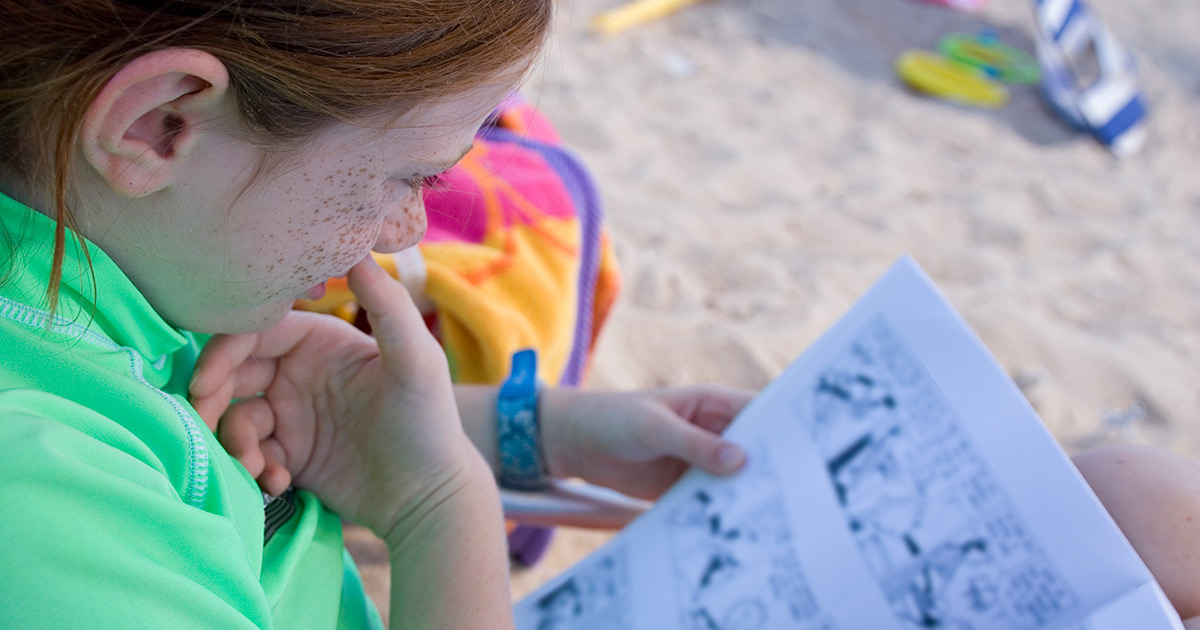
How Graphic Novels Help Students Develop Critical Skills
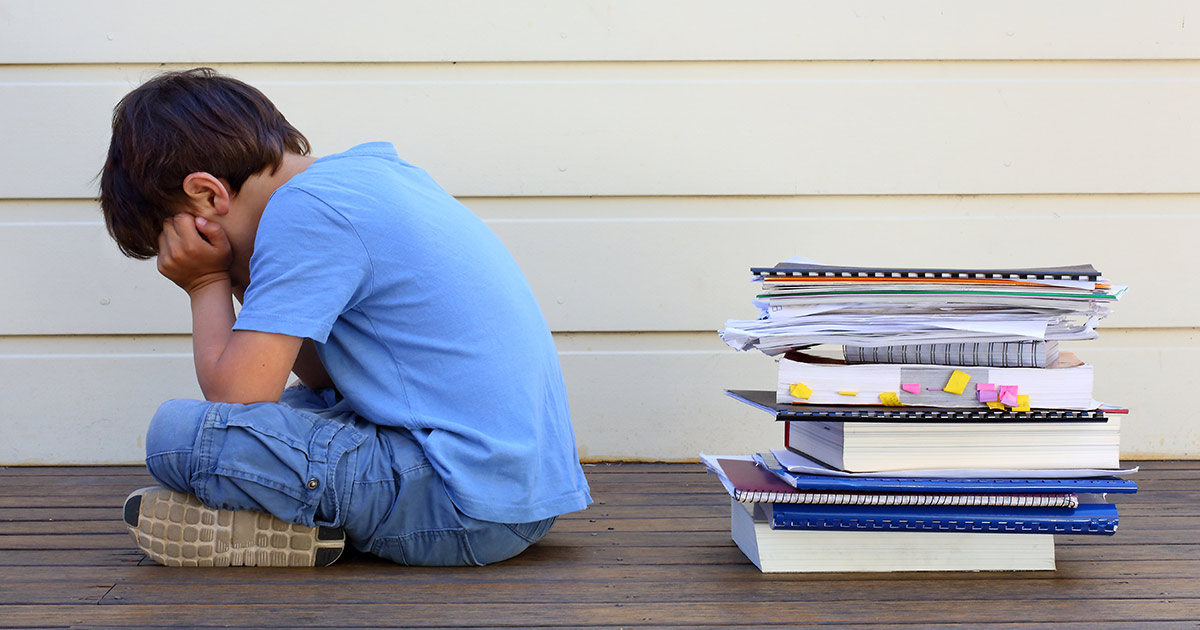
The Lifelong Impact of Illiteracy

Strategies for Determining Importance in Nonfiction Texts
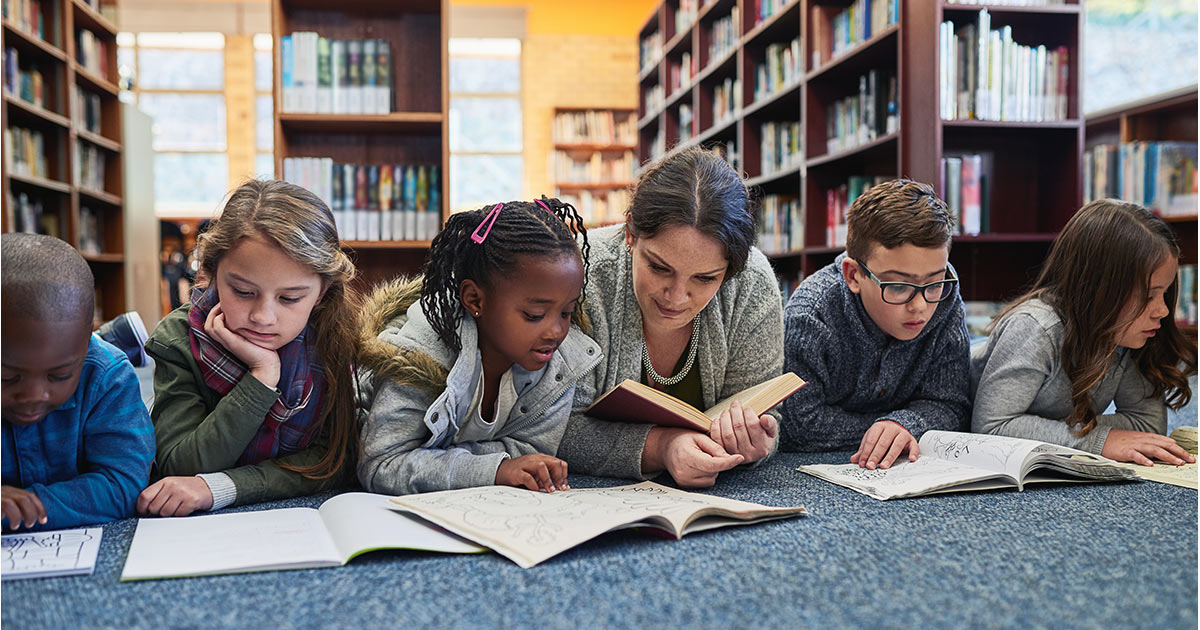
Why Kids and Teens Need Diverse Books and Our Recommended Reads
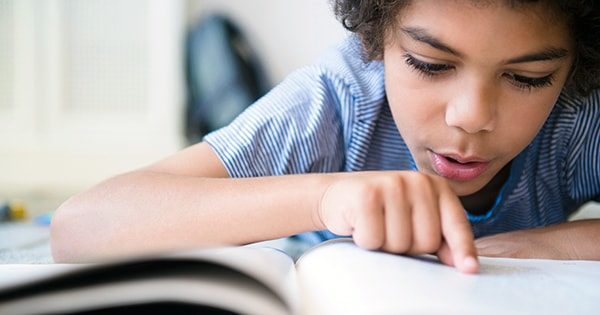
Understanding Literacy Difficulties vs. Disabilities
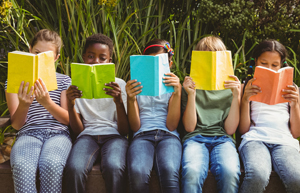
Free Downloads Your Students Will Love for D.E.A.R. Day
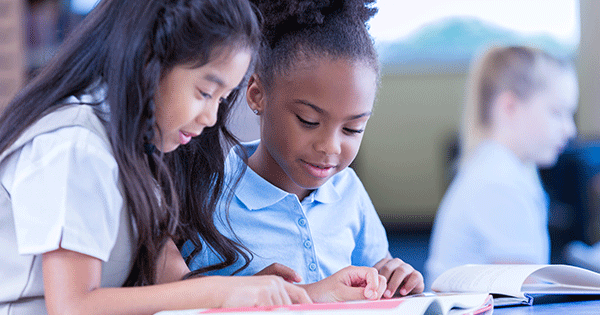
Crisis Point: The State of Literacy in America

Book Flood: More Books, Stronger Readers

6 Effective Strategies to Motivate Reluctant Readers
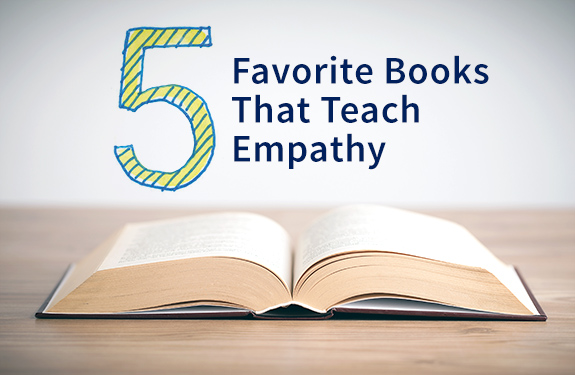
5 Children's Books That Teach Empathy

Avoiding Summer Slide: Strategies to Keep Kids Learning While School's Out

How to Determine the Best Way to Teach Reading

How to Determine the Best Reading Program for Your Students
